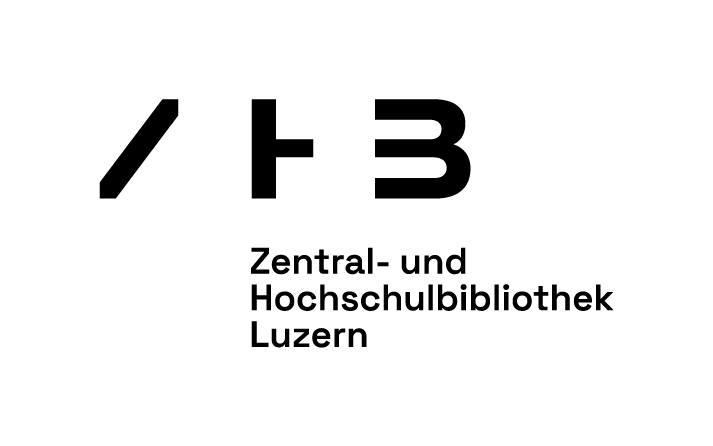The journal is intended to be a forum for discussing concepts for inter- and transdisciplinary education and for exploring ways in which these can be implemented in schools and lessons. Learn more >>
Program
The journal acts as a forum for discussion of concepts in inter- and transdisciplinary education and for exploration of how these can be applied in school and teaching. A further goal is to understand what advantages are offered, and what limitations are imposed, by existing structures in schools as well as in teacher-training institutions (universities of teacher education, universities, teacher-training programmes, etc.). So, the journal focuses on thematic areas and questions such as the following:
Cross-curricular instruction and teaching for cross-curricular instruction
One area the journal examines consists of questions about interdisciplinary (cross-subject, subject-linking, non-subject-specific) and transdisciplinary instruction: their aims and effects, rationale, planning, delivery, effectiveness and evaluation. Possible themes/questions:
1) Cross-curricular /inter- and transdisciplinary instruction:
- Influence of intradisciplinary controversies for interdisciplinary instruction
- Inter- and transdisciplinary instruction and participation
- To what extent can decision-making competencies be fostered by inter- and transdisciplinary instruction?
- To what extent can cooperation and resolution-seeking behaviour in the face of conflicted be fostered by inter- and transdisciplinary instruction?
- What are the implications for the “stuff” (content/themes) when they are to be presented in the form of inter- and transdisciplinary instruction?
- Challenges of inter- and transdisciplinary instruction for teaching staff
- Challenges of inter- and transdisciplinary instruction for learners
- How can subject teaching as well as all integration topics be practically converted in an inter- and transdisciplinary way (concepts)?
- What similarities and differences can be seen among alternative visions of inter- and transdisciplinary instruction (while bearing in mind that these have indeed most probably been developed from the perspective of given subject disciplines, also in a somewhat similar way to subject teaching and integration topics)?
- Theoretical bases of inter- and transdisciplinary education and inter- and transdisciplinary instruction – somewhat also in comparison to subject teaching
- Influence of diversity and its contribution as a perspective or controversy for inter- and transdisciplinary instruction
- …
2) Teaching for inter- and transdisciplinary instruction
- How can student teachers be given skills in inter- and transdisciplinary instruction?
- What role does subject-neutral instruction play in teacher training?
- To what extent is inter- and transdisciplinary instruction considered by teacher-training institutions for subject instruction?
- What possibilities and limitations reveal themselves concerning the professional competence of teachers using an inter- and transdisciplinary approach to important content concepts (e.g. experimentation, modelling, lived environment)?
- Teaching non-specialist subjects– to what extent is instruction in an integration subject unfamiliar and what strategies can be used to overcome this difficulty?
- …
Fundamentals and backgrounds
The second area of interest concerns the fundamentals, requirements and backgrounds that stimulate inter- and transdisciplinary education. Possible themes/questions:
1) Inter- and transdisciplinary perspectives on fundamental notions in education (e.g. tolerance, decision making, inquiry-/discovery-based learning, maturity, error handling)
- To what extent are perspectives in education sciences enriched by discussion in other areas (e.g. economics)? Are there premises in different disciplines that cannot be reconciled with each other?
- ...
2) Systematic comparison of subject areas (similarities and differences of central concepts and methodological approaches with a didactic or recognition theory perspective)
- What influence does discovery-based (inquiry-based) learning have in various subject areas? To what extent should this be linked back to the various learning objectives?
- What opportunities and challenges are there when seeking to tie together education in different disciplines, such as e.g. music, pictorial and technical creation in the area “didactics of the arts” or geography, history and politics in the area “didactics of social sciences” etc.?
- ...
3) Training generalists (training primary-school and lower-level teachers who are expected to deliver all subjects)
- Teaching non-specialist subjects – to what extent can training in the didactics of certain subjects be helpful to develop lessons in other subjects?
- ...


